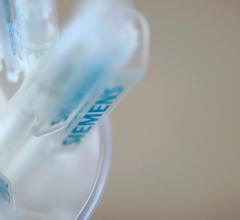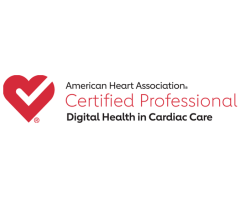
December 30, 2019 — Most patients do not understand or recall information given to them before heart procedures. For example, many patients mistakenly believe that opening blocked arteries will cure them of heart disease. That’s one of the findings of a study about informed consent published in the European Journal of Cardiovascular Nursing, a journal of the European Society of Cardiology (ESC).
More than 40 percent of patients in the study acknowledged that they do not understand, or remember, the information they receive about percutaneous coronary intervention (PCI) that has become the most common intervention performed in high- and middle-income countries.
Providing details about a procedure, including the risks and benefits, is a legal and ethical requirement – called informed consent. Patients should receive enough information about their options to make a valid choice, without being coerced. Health professionals must also confirm that the patient has sufficient capacity to decide at that time.
The group of patients who were asked about the consent process were treated with either elective or urgent PCI, but not emergency PCI when speed is of the essence. Some 60 percent of patients with coronary heart disease undergoing elective PCI to unblock an artery thought it would cure their coronary heart disease. Nearly all patients (95 percent) believed it would reduce their risk of a future heart attack and 91 percent thought it would increase their life span.
“These beliefs do not align with trial evidence, which shows that elective PCI is predominantly for relief of symptoms,” said study author Professor Felicity Astin, University of Huddersfield, UK.
Professor Astin said health services should be reconfigured to allow sufficient time for patients and clinicians to discuss the proposed treatment and potential alternatives. She explained: “Patients often receive all of the information at once. They then feel overloaded, which contributes to forgetting or not comprehending what they hear.”
Nearly half (47 percent) would have liked a family member with them when their treatment was explained during the informed consent process. Almost one-third (31 percent) of patients in the study needed some degree of help to understand health-related written information.
Astin said: “Health literacy is a neglected issue. Leaflets should be in plain language. In addition, clinicians should ask patients if they need help reading or understanding health information. Patients will not volunteer that they can’t read.”
The paper identifies the need for patients and health professionals to work together to develop and evaluate new approaches to information sharing and decision-making. Astin recommends that cardiologists and nurses receive training to use 'teach back' : giving small chunks of information then asking patients to explain it in their own words to see how much they have understood. Astin said: “The emphasis is on being a good teacher, not testing the patient and making them feel ashamed. But staff can only do this if they have the time – which is why patient pathways need to be configured.”
ESC guidelines on revascularisation state: “Active patient participation in the decision-making process should be encouraged. Use of terminology that the patient understands is essential. Risks and benefits…should be thoroughly discussed.”
For more information: www.escardio.org


 November 14, 2025
November 14, 2025 









